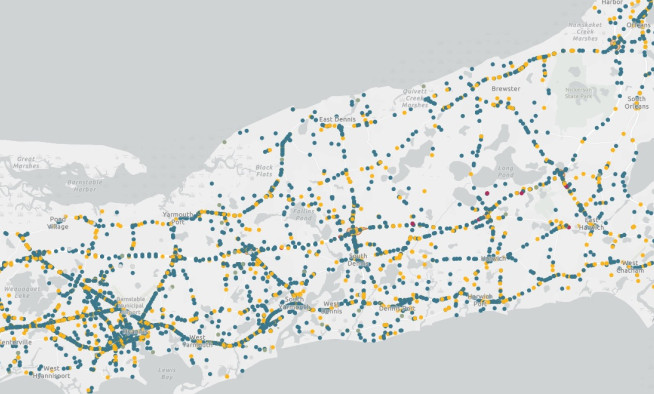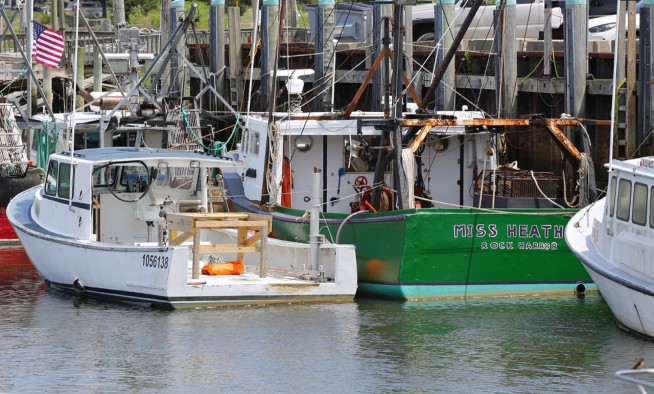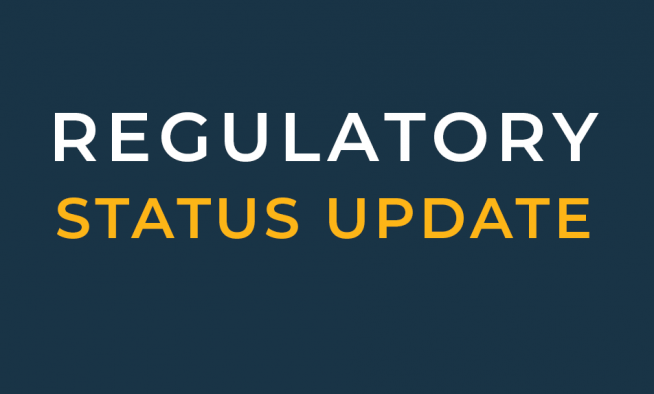Comprehensive Economic Development Strategy goals aim to strengthen the region’s vitality
Year 3 Annual Report highlights accomplishments, sets goals
As part of the Cape Cod Commission’s economic development efforts, the agency advances the development and implementation of the Cape Cod Comprehensive Economic Development Strategy (CEDS). The CEDS is approved by the United States Economic Development Administration and outlines a five-year action plan that aligns with regional priorities.
As part of the 2019 CEDS, the stakeholders across the region reviewed strategies for advancing economic resilience and building capacity to withstand shocks and disruptions. The challenges to Cape Cod’s sustainability and resiliency are related to its geographic location, development patterns, and demographic profile, including climate change, impacts to water quality, insufficient affordable housing options, the seasonal nature of the regional economy, limited demographic diversity, limited developable areas and infrastructure, and threats to community character.
Year 3 of implementation of the 2019 CEDS will conclude at the end of the fiscal year, on June 30, 2022. An annual report was presented to, and approved by, the Barnstable County Economic Development Council and the Cape Cod Commission.
The annual update includes a report on economic development activities that support the CEDS, an evaluation of progress on the action plan and goals, and priorities for the next year.
The Year 4 Implementation Plan includes the following regional initiatives and projects from the 2019 CEDS Action Plan:
Housing Access & Affordability Initiative
The Commission will advance a regional housing strategy to address housing supply, affordability, and availability issues, with initial activities including data review, stakeholder engagement, and regional affordable housing entities research. Staff will conduct a regional housing suitability analysis to identify parcels that would be suitable for development or redevelopment of housing. Staff will also collaborate with a consultant to complete an update and expansion of the 2017 Regional Housing Market Analysis.
Regional Infrastructure Planning Initiative
Commission staff will advance the Freshwater Initiative to produce a comprehensive analysis of collected pond monitoring data on nutrients and other water quality parameters, assess the overall health of Cape Cod’s freshwater pond network, and identify larger regional trends in pond water quality. This information will provide the basis for a stakeholder-driven planning process that will define a path forward for improving freshwater quality across the region.
Infrastructure Funding Initiative
Commission staff will advance the Last-Mile Broadband Deployment Strategy and Buildout Fund project through continued support for research, regional analyses, and education on broadband needs, coordination on policies that facilitate regional broadband implementation, and identification and pursuit of potential funding sources.
The following projects, while not initially included in the CEDS Action Plan, will be advanced in alignment with CEDS priorities and broader COVID-19 economic recovery efforts:
Land Use Planning for Economic Resilience
Commission staff will advance the Land Use Planning for Economic Resilience initiative to facilitate vibrant, compact mixed-use downtown areas across the region and improve the stability and resiliency of the local economy. Year 4 activities will include development of a zoning and land use regulations guide and support for best practices implementation in Cape Cod towns.
Early Education and Childcare Needs Assessment
Commission staff will share findings from the survey-based Early Education and Childcare Needs Assessment, slated to conclude in June 2022 with a report detailing existing levels of provision and needs, identifying gaps in services, and exploring potential mitigating strategies. In Year 4 of CEDS implementation, the report’s recommendations will be assessed and a framework for implementation by a range of regional stakeholders will be developed.
Related Posts




